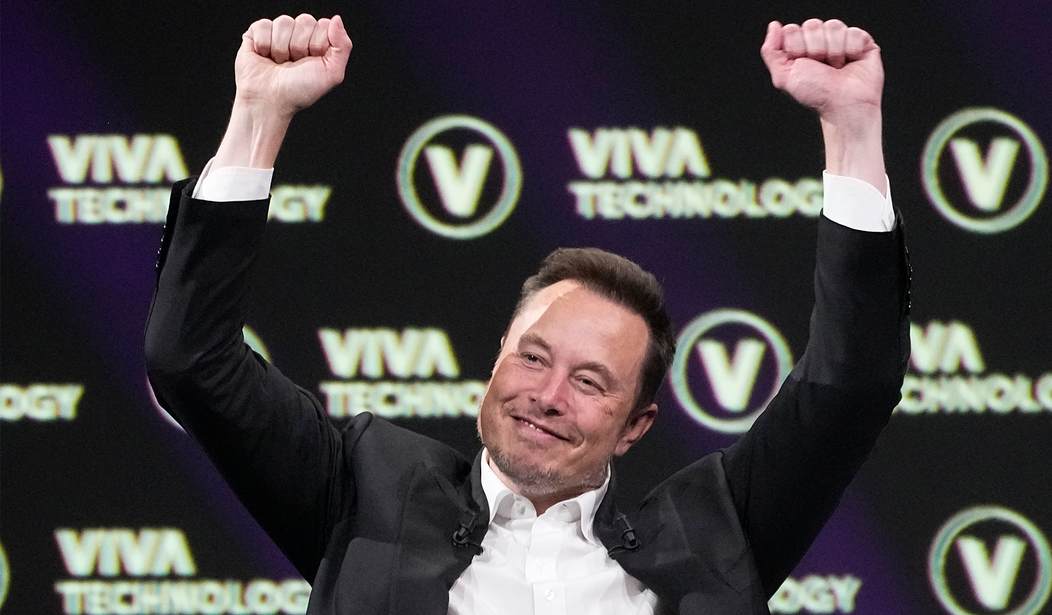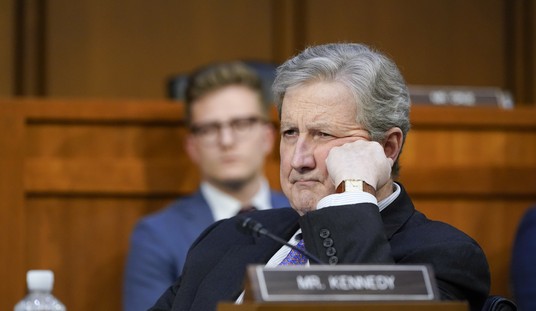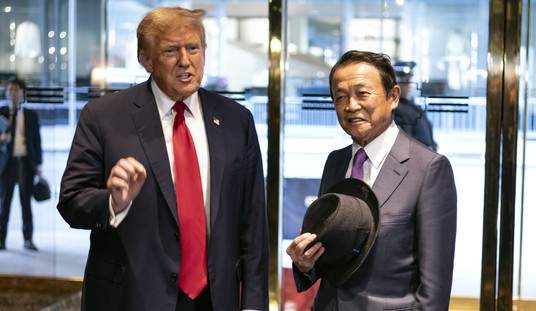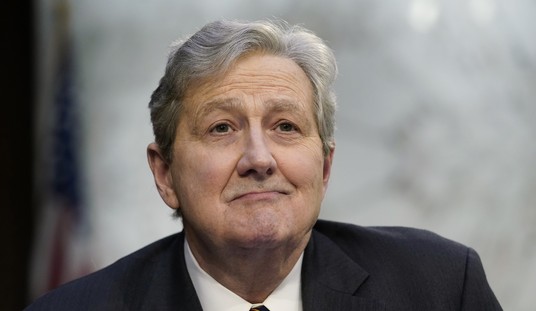“[Kendall Roy voice] It’s, y’know, Venmo meets Clubhouse meets Ebay meets ChatGPT,” Rolling Stone Editor-in-Chief Noah Shachtman wrote scornfully as Twitter CEO Linda Yaccarino announced Twitter’s plans for the future as well as their intention to change its name to X.
For those unfamiliar with HBO’s Succession, Kendall Roy is the ambitious yet not especially talented son of media mogul Logan Roy. While Kendall sees himself as the natural heir to his father’s media empire, Logan has other ideas. This dynamic becomes a central theme of the award-winning show.
Unfortunately for Shachtman and the rest of the liberal media, Elon Musk is no Kendall Roy. Not only is he the world’s wealthiest man, but he is also widely regarded as one of its greatest-ever visionaries. His companies represent the cutting edge of everything from private space travel (SpaceX) to revolutionary mental health treatment (Neuralink). His net worth is estimated at a staggering $236.5 billion, more than the entire GDP of Portugal.
[Kendall Roy voice] It's, y'know, Venmo meets Clubhouse meets Ebay meets ChatGPT. pic.twitter.com/bh6dyj3tGE
— Noah Shachtman (@NoahShachtman) July 23, 2023
Even Musk himself admits that he overpaid for Twitter upon purchasing the company for $44 billion last October. He also acknowledged right at the outset that not everything would go smoothly.
There have indeed been many hiccups; the rollout of his Twitter Blue subscription service led to a rise of impersonation accounts; a Twitter Space for the launch of Ron DeSantis’s presidential campaign was delayed by major technical glitches; while some major figures, including singer Elton John, actor Jim Carrey, and podcaster Sam Harris have followed through on their pledge to leave the platform.
Adding to Musk’s woes has been Meta CEO Mark Zuckerberg’s decision to launch Threads, an almost carbon copy of Twitter but with the same censorship policies as Facebook. There has also been an aggressive propaganda by the liberal media against his leadership of the company, with many supposedly respected commentators even declaring that the company is on the brink of collapse. “$44 billion and eight months later. It is finally all over for Elon Musk,” read one recent headline at The Independent. Needless to say, nearly all of these critics (with the possible exception of The Washington Post’s infamous tech reporter Taylor Lorenz) remain active users on the platform.
However, there have also been major successes. Musk has overwhelmingly reversed the censorship of the former regime, allowing free speech to thrive and allowing the company to assume its natural place as an online town square. He has published the “Twitter Files,” a series of internal documents and memos outlining how the company previously worked hand in hand with federal agencies to control certain political narratives. Perhaps most importantly, he is also introducing an ad revenue program so that creators can monetize their content.
Not sure what subtle clues gave it way, but I like the letter X pic.twitter.com/nwB2tEfLr8
— Elon Musk (@elonmusk) July 23, 2023
Yet beyond the highs and lows of the last eight to nine months, Elon’s overwhelmingly left-wing critics should ask themselves whether predicting Twitter’s demise is realistic or just a way of channeling their frustration. This, after all, is a man who not only led the first successful American car company since Jeep was founded in 1941 but who has been intimately involved in numerous Silicon Valley success stories. As his former associate, Peter Thiel, remarked back in 2015: “I would never bet against Elon… that’s hard rule number one.”
Even though Elon Musk is no longer the CEO of Twitter, it will inevitably be his vision that its leadership will be tasked with implementing. He has spoken of creating an “everything app,” combining everything from social media with instant messaging, commercial opportunities, and even financial services, similar to the Chinese service WeChat.
Buying Twitter is an accelerant to creating X, the everything app
— Elon Musk (@elonmusk) October 4, 2022
Whatever the future holds, Twitter (or X) is entering an exciting new era. Anyone telling you otherwise has either a personal or political axe to grind.














